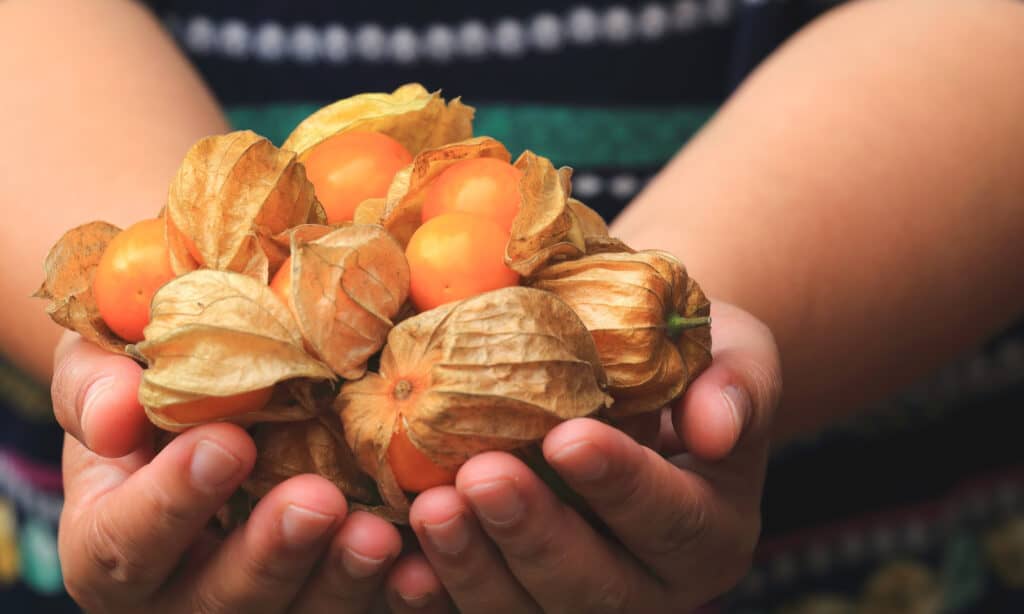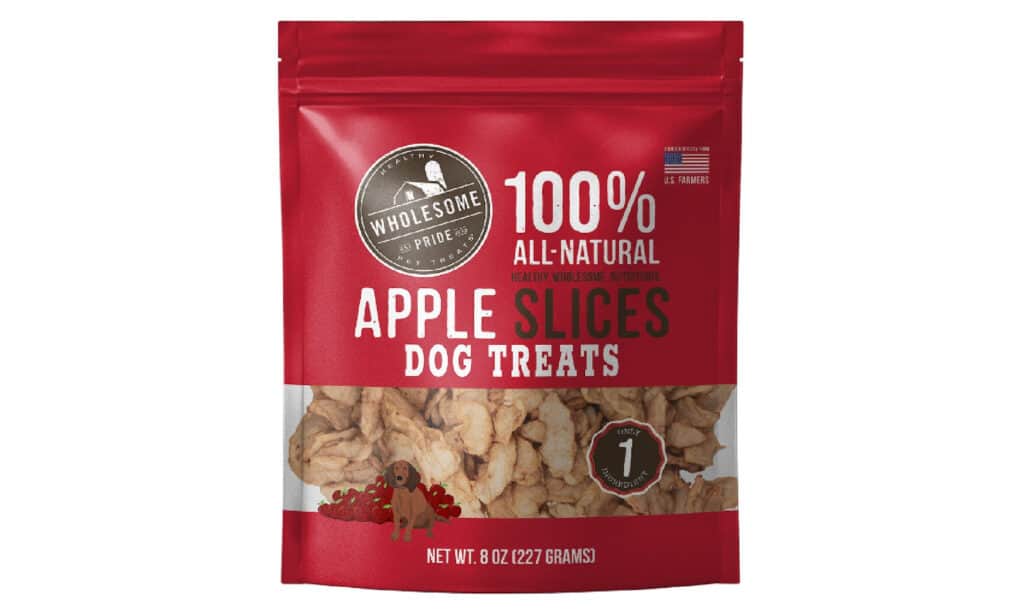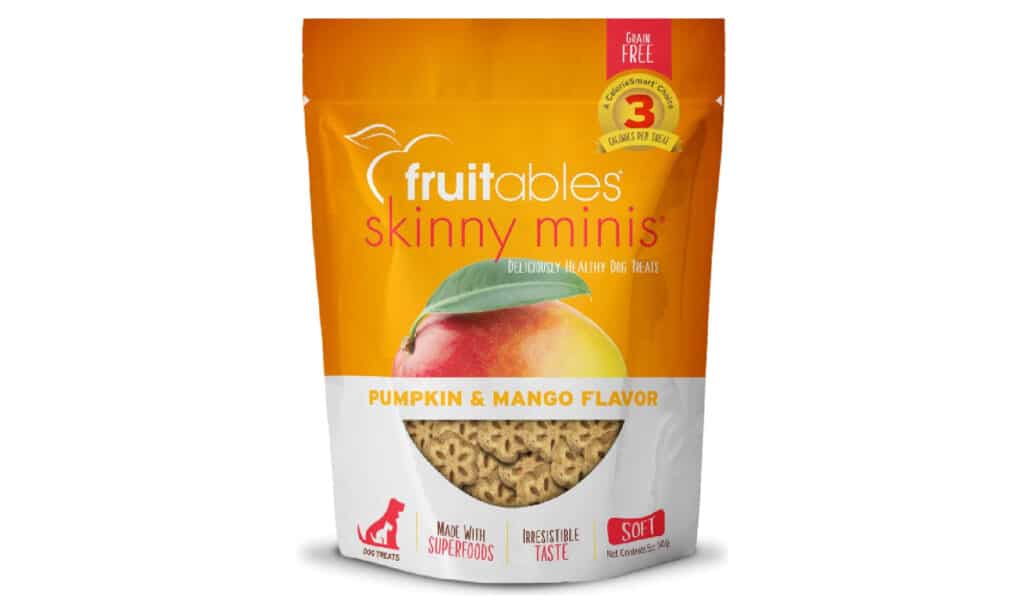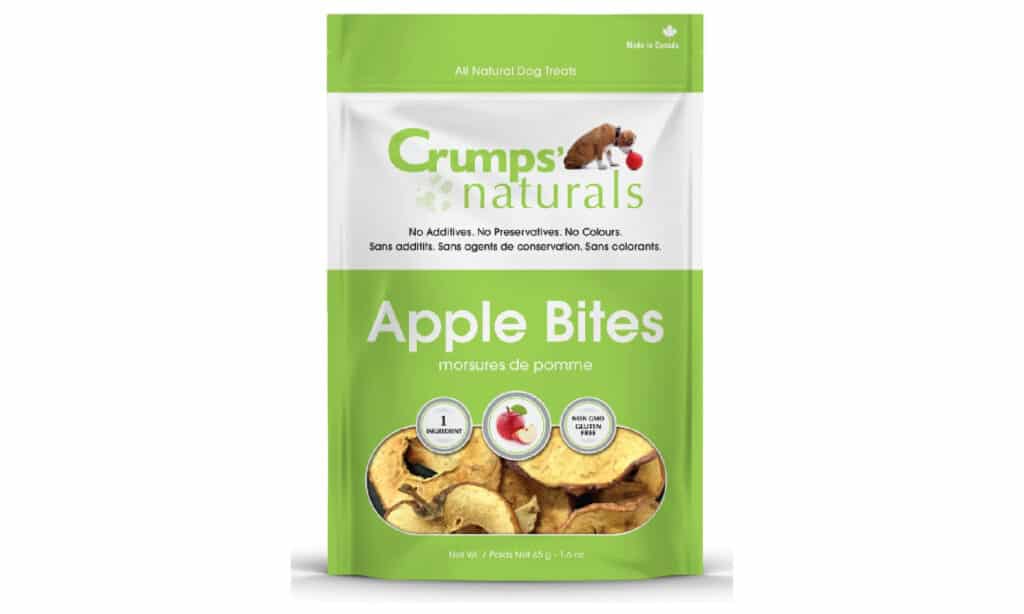As pet owners, we all want to provide our furry friends with a healthy and balanced diet. However, with so many different types of fruits and vegetables out there, it can be difficult to know which ones are safe for our canine companions to consume. In this post, we will take a closer look at gooseberries and whether they are a suitable addition to your dog’s diet. We will explore the potential health benefits and risks associated with feeding your dog gooseberries, as well as provide some tips on how to incorporate them into your dog’s meals if they are deemed safe. So, if you’re curious about whether or not dogs eat gooseberries, read on to find out more!

What are Gooseberries?
Gooseberries are these small, round fruits that grow on bushes in cooler regions. They come in a range of colors, from green to red, and have a sour-sweet taste. You’ve probably tasted them in pies, jams, or sauces. They’re not just delicious, they’re also packed with nutrients, such as vitamin C, vitamin A, potassium, and fiber, which make them a healthy choice for people.
As a pet owner, you might be wondering whether your furry friend can safely eat gooseberries too. It’s a fair question, and we’ll delve deeper into this topic in the following sections. Depending on the type, gooseberries are usually ready for picking in late spring or early summer. They’re popular among humans, but is it okay for your dog to munch on them? We’ll find out soon.
Can Dogs Eat Gooseberries?
As a dog owner, you want to make sure you’re giving your furry friend the best nutrition possible. And you might be wondering if gooseberries are a healthy and safe treat for your dog.
Well, the answer is yes and no. Small amounts of gooseberries are generally safe for dogs to eat and can provide some health benefits, such as vitamins and fiber. But too much of this fruit can cause stomach problems like diarrhea and vomiting because of the natural sugars in it.
One thing to keep in mind is that the leaves and stems of the gooseberry plant are toxic to dogs and can lead to kidney damage or other health issues. So, make sure your dog doesn’t have access to any parts of the plant.
Overall, gooseberries can be a tasty and healthy treat for your dog, but it’s important to give them in moderation and watch for any negative reactions. If you’re not sure whether gooseberries are safe for your dog, it’s always a good idea to check with your vet.

What Signs To Watch For If Your Dog Accidentally Ate A Lot of Gooseberries?
If your dog accidentally eats a large amount of gooseberries, you should keep an eye out for the following signs:
- Diarrhea: Excessive consumption of gooseberries can cause your dog’s digestive system to become upset, leading to loose stools and diarrhea.
- Vomiting: Your dog may vomit as a result of consuming too many gooseberries. This can be a natural response to try to rid their stomach of the excess fruit.
- Abdominal discomfort: If your dog is experiencing discomfort in their belly, such as bloating, cramping, or pain, this could be a sign that they’ve eaten too many gooseberries.
- Loss of appetite: Your dog may not feel like eating if their stomach is upset from the excess gooseberries.
- Lethargy: If your dog is feeling unwell, they may seem lethargic or less energetic than usual.
If you notice any of these symptoms after your dog has consumed gooseberries, it’s important to monitor their condition closely. In most cases, these symptoms should subside within a few hours to a day or two. However, if your dog is experiencing severe symptoms or if their condition doesn’t improve, it’s important to contact your veterinarian for advice and treatment. Additionally, if you suspect your dog has consumed a large amount of gooseberry leaves or stems, contact your vet immediately as this can be more serious and potentially life-threatening.
When or If You Should Go To The Vet?
If your dog eats a lot of gooseberries and starts showing signs of discomfort like diarrhea, vomiting, loss of appetite, or lethargy, don’t panic. It’s usually a natural reaction to the excess fruit, and your furry friend will likely recover on their own within a few hours to a day or two.
However, if your dog’s condition worsens or if they’re showing more severe symptoms like persistent vomiting or diarrhea, dehydration, difficulty breathing, or signs of neurological problems, you should take them to the vet right away. These symptoms could be a sign of a more serious condition that requires prompt attention.
And if you suspect that your dog has consumed a lot of gooseberry leaves or stems, or if they’re exhibiting signs of kidney failure, such as excessive urination, thirst, or lethargy, you should seek veterinary attention immediately. These are serious symptoms that need prompt treatment.
In summary, if you’re unsure whether to take your dog to the vet after consuming gooseberries, it’s always better to be safe than sorry. Your vet can give you the best advice based on your dog’s specific symptoms and help you determine the best course of action.

Safe Dog-Friendly Alternative to Gooseberries:
Of course, here’s a more conversational version:
Looking for a safe and healthy alternative to gooseberries for your furry friend? Here are some options that dogs tend to love:
- Blueberries: These little berries are packed with vitamins and antioxidants, and they make for a great snack that’s low in calories.
- Watermelon: This refreshing fruit is an excellent source of vitamins A and C, potassium, and fiber, and it’s safe for dogs to eat in moderation.
- Carrots: Dogs love the crunchy texture of carrots, and they’re a great source of fiber and beta-carotene, which the body converts into vitamin A.
- Pumpkin: This nutrient-rich vegetable is easy to digest and high in fiber, making it great for regulating your dog’s digestive system. It’s also a good source of vitamins A and C.
- Apples: Apples are another healthy option that’s safe for dogs as long as you remove the seeds and core. They’re rich in fiber and vitamins A and C, and they can even help freshen your dog’s breath.
Remember to introduce new foods slowly and watch for any signs of digestive upset or allergies. And if you have any questions or concerns about your dog’s diet, don’t hesitate to reach out to your veterinarian for advice.
Healthy Store-Bought Options:
In conclusion, while gooseberries can be a healthy and safe treat for dogs in moderation, it’s important to monitor their intake and make sure they don’t overindulge. If your dog accidentally eats too many gooseberries, they may experience digestive upset and other symptoms. It’s also crucial to keep your dog away from the leaves and stems of the gooseberry plant, which are toxic and can cause serious health issues.
Fortunately, there are plenty of safe and nutritious alternatives to gooseberries that you can offer your dog. Blueberries, watermelon, carrots, pumpkin, and apples are just a few of the options that can provide your furry friend with vitamins, minerals, and fiber without the risk of digestive upset or toxicity.
As always, consult with your veterinarian if you have any questions or concerns about your dog’s diet or if you suspect that they’ve consumed a harmful substance. With a little bit of knowledge and caution, you can keep your dog healthy and happy for years to come.
~Lindsie



